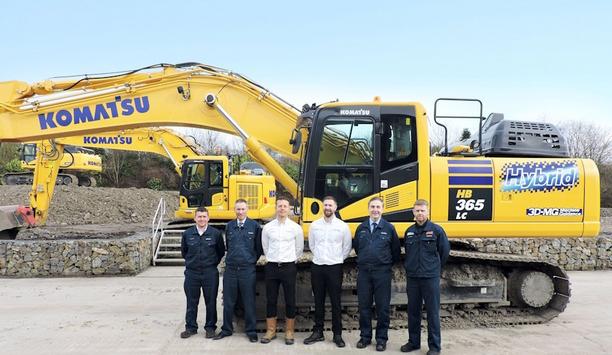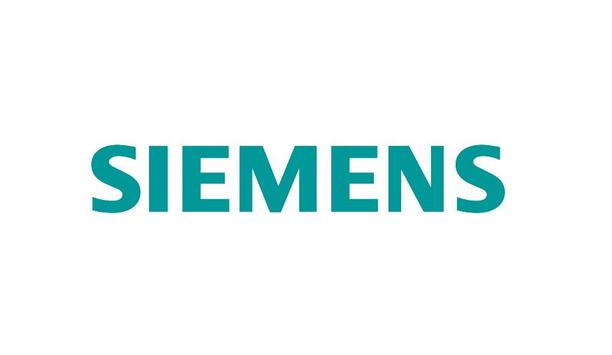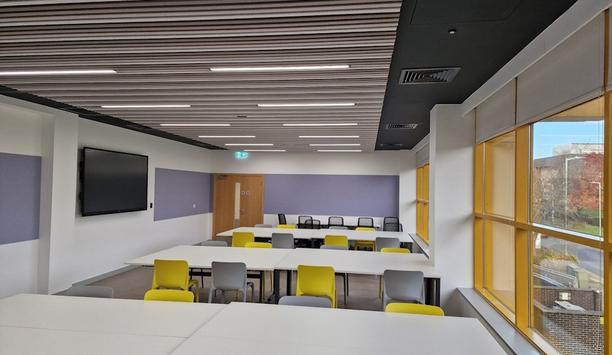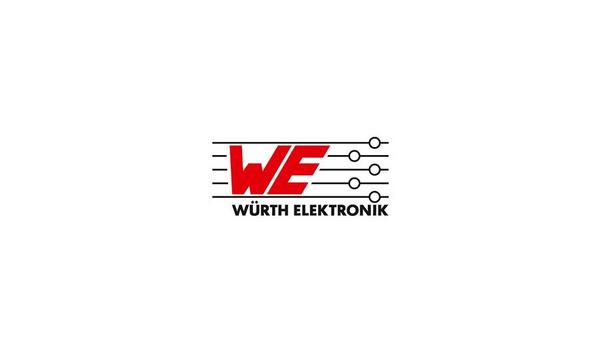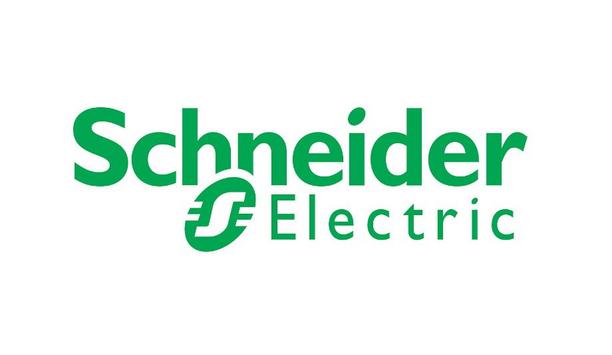A broad, cross-industry task force released a report identifying key focus areas to support the B2B trade show industry’s transition towards a more sustainable, low-carbon economy.
The report, titled Finding the future, together: Towards a more sustainable B2B trade show industry in the U.S. and Canada, creates a foundation of data and knowledge for decision-making, knowledge-sharing, and action, highlighting the industry’s most significant environmental impacts. It also showcases steps the industry has already taken to address those impacts and identifies 30 near- and long-term steps to secure a more sustainable future.
social and economic benefits
We know that our impact extends to the environment and through working and partnering collaboratively"
“The B2B trade show industry delivers enormous social and economic benefits,” said Heather Farley, Chair of, the SISO Sustainability Committee and COO at Access Intelligence, “and is an essential engine for connection, knowledge transfer, trade, education, and employment."
"Like all industries, we know that our impact extends to the environment as well, and that, through working and partnering collaboratively, we can keep progressing towards a more sustainable, lower-carbon future."
authoritative two-year independent research
"To support and inform these efforts, it was important to conduct authoritative independent research to evaluate the most material environmental impacts of the U.S. and Canadian B2B trade show industry.”
The report’s two-year independent research program identified the largest environmental impacts of the U.S. and Canadian B2B trade show industry:
- Carbon: Greenhouse gas (GHG) emissions from participant transport, particularly flights, as well as energy use at venues, and logistics, where the study focused on the shipping from the warehouses of general service contractors (GSC) to the venue.
- Waste: Generated at venues (e.g., show floor waste, catering waste) and at GSC warehouses where many of the materials and booths are built and supplied.
- Booth construction: Inclusive of booth materials (such as carpet), construction methods, transport, reuse, and other variables.
actions for industry-wide adoption
With these impacts identified, the task force explored 30 near- and long-term actions for industry-wide adoption that will help improve the industry’s collective sustainability, inclusive of:
- Transitioning to renewable electricity at all parts of the transportation supply chain.
- Creating time-bound targets to reach net zero carbon and move to a more circular model by phasing out unsustainable materials.
- Implementing industry-wide agreement on the design and material specifications of booths and commonly used equipment and materials.
- Optimizing logistics, saving fuel, time, and money, and reducing air pollution.
- Collaborating with host cities and key partner industries, such as airlines and hotels, to transition to a lower-carbon transport system and reduce generated waste.
- Investing in infrastructure to support waste recycling and energy efficiency.
- Optimizing industry standards for sustainable design, data, and metrics.
sustainable practice
Through the task force, we have a platform to showcase emerging best practices and continue to innovate and evolve together"
“We are passionate about building a sustainable future for the industry and helping the markets we serve embed sustainable practice into their communities and activities. Through collaborative efforts, we have made great progress,” expressed Charlie McCurdy, CEO of Informa Markets.
“And through the task force, we now have a platform to showcase emerging best practices and continue to innovate and evolve together. This is only the beginning, and we look forward to more industry stakeholders joining this effort.”
significant contribution
The task force hopes that the report and its foundational research will prove a significant contribution to other collaborative programs supporting the transition to a net zero carbon, circular economy-led, and responsible events industry.
Early collaboration programs of note include:
- Net Zero Carbon Events
- EIC’s Centre for Sustainability and Social Impact
- UFI’s Sustainable Development Group


